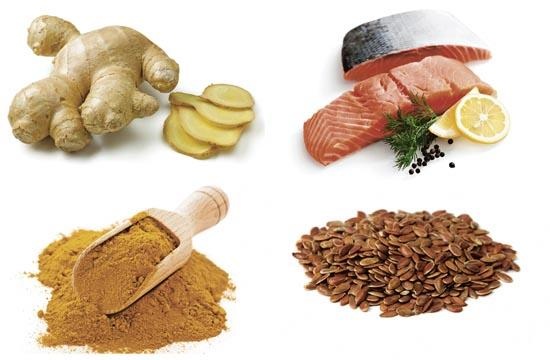
Infusions and Teas
Teas and infusions are made by adding boiling water to fresh or dried plant products – stems, leaves or flowers – and steeping them to release their active ingredients. Willow bark and ginger are two teas used for arthritis because of their anti-inflammatory properties.
To get the dose right using loose herbs, you can consult with an herbalist or a traditional Chinese medicine physician. However, today you can buy many herbal teas in pre-set doses at a health food store or supermarket. “There are a lot of different tea companies that provide standardized tea bags,” says Marvasti.
When you make your tea, he recommends a steeping time of 15 to 20 minutes. That’s just long enough to get the maximum benefits from the product without overdoing it. Some teas can actually be harmful when steeped too long. For example, black tea contains tannins that can become carcinogenic when steeped for over an hour, Marvasti says.
3. Creams, gels and other topical products
Some herbal remedies come in the form of a cream, gel, patch or compress that you rub on or apply to your skin. Arnica and comfrey gels are both useful for relieving arthritis pain. Creams made with the chili pepper extract, capsaicin, can also help with pain, but they can cause side effects like a burning sensation and skin irritation. The recommended dose for these products is usually on the package.
4. Liquids, Extracts and Tinctures
Herbs can also be sold in liquid forms, such as oils, extract-containing drinks and tinctures — preparations made with alcohol and water. Extracts can also be evaporated to dry them out. Dry extracts such as Boswellia serrata and curcumin are then put into capsules and tablets.
Tinctures and extracts are usually more concentrated than other products. “In general, tinctures tend to be a bit stronger than capsules. But then there are liquid capsules, which have the liquid of the tincture inside the capsule, which is very similar,” says Marvasti.
The dose of these products can vary, depending on their form. For example, a dose might be three cups of tea per day or one to three teaspoons of tincture per day. This is where it can be helpful to consult with an herbalist or integrative medicine specialist to make sure you’re taking the correct dose.